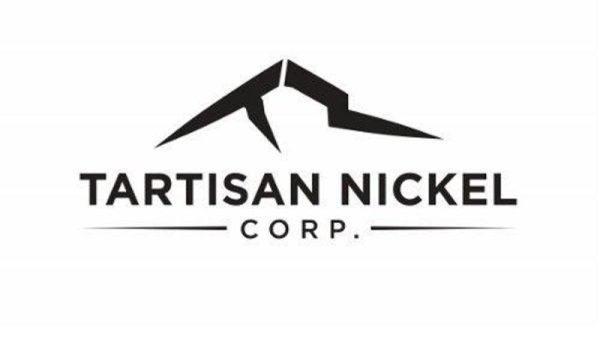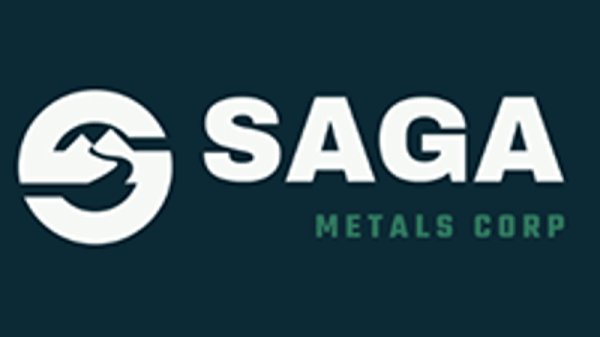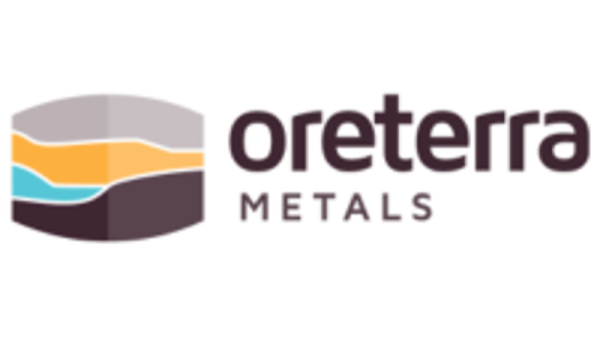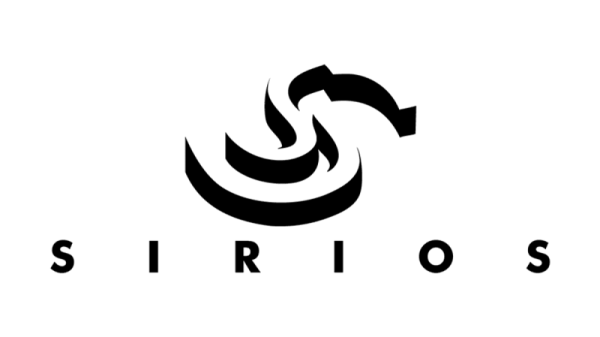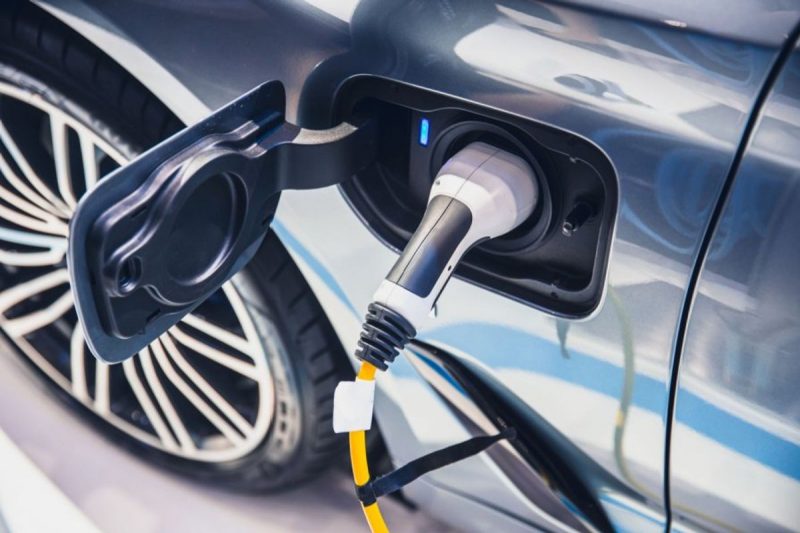Battery metals have made headlines in recent years as interest in electric vehicles (EVs) continues to surge.
However, cobalt prices have been facing downward pressure since mid-2022, and even though the market has seen some recovery, most analysts predict supply will continue to exceed demand in 2023.
Read on to learn what else happened in the cobalt market in Q2, including the main supply and demand dynamics and what market participants are expecting for the rest of the year.
How did cobalt prices perform in Q2?
Cobalt prices rallied from the end of 2020 to the beginning of 2022 on the back of strong demand from the electric vehicle sector. The portable electronics segment also saw increased demand during the coronavirus pandemic, but increased supply paired with sluggish demand has put pressure on prices since June last year.
The first quarter of 2023 saw cobalt continue to drop from the highs seen in 2022, with prices subdued throughout much of Q2. Furthermore, cobalt sulfate and hydroxide prices hit a historic low in the first half of May, according to data from Benchmark Mineral Intelligence.
“Since the market has been, and indeed still is, fundamentally in oversupply, we had considered price erosion in Q2 to be inevitable,” Aubry said. “However, a slight rebound in midstream demand from the battery industry in June and severe logistical constraints stemming the flow of product out of the Democratic Republic of Congo (DRC) helped to establish a floor by mid-June, enabling a firm correction towards the end of the quarter.”
One of the biggest news in the cobalt space so far this year has been the Chinese State Reserve Bureau’s purchase of over 5,000 metric tons of cobalt metal at a time where prices are at lows.
“It has been quite significant news due to the scale of the tender,” Aubry said. “In terms of direct impact on the cobalt market, it is unlikely to cause any major changes in pricing; however, the timing of the purchase will likely help already rising prices continue their trajectory and stay firm for longer.”
“On a short-term basis, intermediates are tight in China, with major producers in the DRC looking to satisfy long-term contracts before offering spot,” he said.
Cobalt supply and demand dynamics in 2023
Despite the decline in prices, overall demand for cobalt in electric vehicles has grown year-on-year.
“(This year) is not going to record the cobalt demand growth we saw in 2022, but the market is still there; demand is still there,” Aubry said. “Spot purchasing from Chinese nickel-cobalt-manganese (NCM) cathode manufacturers recently picked back up … while China’s latest subsidy announcement lends additional EV support to the cobalt market in the near term.”
In June, China extended its EV tax subsidy, unveiling a US$72.3 billion package of tax breaks over four years for EVs and other green cars.
In other segments aside from EVs, Benchmark Mineral Intelligence expects demand for portable consumer electronics to remain flat, with little to no growth expected over the next few years for lithium-cobalt-oxide batteries.
“This isn’t very surprising, as the portable electronics market is already quite well established and unfortunately doesn’t have the same potential for growth as EVs,” Aubry said.
But a sector that will continue to see demand growth is superalloys, where cobalt is used in high-intensity use cases such as jet engines and military machinery.
“We expect metal markets to continue to experience price support from this sector through the remainder of 2023,” Aubry said.
Similarly, Bedder said lower-than-expected demand, mainly in China, weighed on cobalt prices in the first half, but this is showing signs of correction.
“Lithium price movements prompted more LCO buying activity, while optimism about EV numbers in China have supported NCM demand,” Bedder said. “Meanwhile, sentiment in the alloys market remains strong.”
Looking over to the supply side of the story, cobalt mine output saw its largest increase ever recorded in 2022, increasing 23 percent year-on-year, Darton Commodities data shows in its 2023 Cobalt Market Review.
“Currently the market as a whole is still very much oversupplied,=; however, logistical issues between the DRC and the port of Durban have delayed shipments and caused short term tightness,” Aubry said.
The majority of cobalt exports from the DRC depart the continent via the port of Durban in South Africa.
“We see exporters struggling to fulfill contract commitments, meaning that spot availability is rare and therefore expensive,” Aubry added. “As winter continues in the southern hemisphere, we will see the supply issues exacerbated for the next few months, which will likely support cobalt prices.”
In the short term, Benchmark Mineral Intelligence expects a greater level of oversupply driven by more Indonesian projects coming online, as well as increased output in the DRC by major mines like Katanga and Tenke Fungurume.
“Long term we still expect a supply deficit from 2027, unchanged from our previous forecasts,” Aubry said.
For its part, Project Blue estimates that there is still somewhere in the region of 40,000 metric tons of cobalt in hydroxide overhanging the market. This is because some key producers, such as Glencore (LSE:GLEN,OTC Pink:GLCNF), are able to increase output considerably if desired, and there are some major DRC projects are expected to enter production over the short-to-medium term.
“Meanwhile, the huge ramp-up of Indonesian high pressure acid leaching continues to add more cobalt intermediate units contained in mixed hydroxide precipitate to the market,” Bedder added.
What’s ahead for the cobalt market in 2023?
As the second quarter of the year continues to unfold, there are a few catalysts investors interested in the cobalt space should watch out for.
For Bedder, China’s stuttering recovery is perhaps the biggest barrier to stronger demand in the second half.
“We expect prices to recover further in H2, supported by stronger demand, strong demand for intermediates in China and the removal of metal from the market,” he said. “But the market remains in oversupply (intermediates) and well supplied in terms of metal and chemicals, so we don’t expect prices to move up too much.”
Based on current sentiment, cobalt prices look set to rise through July and potentially even August before stabilizing towards the end of Q3, according to Benchmark Mineral Intelligence.
“On the chemical side, it is likely that spot availability remains tight in the DRC with urgent spot purchases attracting meaningful premia,” Aubry said. “On the metal side, China’s stockpiling practice through H2 coupled with robust military and aerospace demand is likely to lend price support in Europe and the US.”
The main catalyst to watch out for in Q3 is logistical issues in the DRC and how they could continue to impact cobalt supply.
“There are external factors that are leading to this bottleneck that may improve or worsen independently of the cobalt market and weigh on prices,” Aubry said. “Additionally, we see copper exports being prioritized over cobalt as copper prices continue strong. Were there to be a change in copper prices, we could see a greater volume of cobalt being exported from the country and reaching Durban.”
In the long term, Benchmark Mineral Intelligence still sees NCM being the main battery chemistry for EVs, driven mainly by its currently unmatched performance and density.
“However, cobalt-free lithium-iron-phosphate batteries have been gaining momentum, and as a result we’ve had to temper our expectations for the cobalt demand forecast,” Aubry said.
Within NCM chemistries, higher nickel content and lower cobalt will also remain a trend.
“(This will weigh) on cobalt demand long term, though the sheer scale of the growth of EV and battery demand is more than enough to offset this reduction of cobalt in batteries we’re seeing long term, and we still expect cobalt demand to rise over time,” Aubry added.
Securities Disclosure: I, Priscila Barrera, hold no direct investment interest in any company mentioned in this article.






